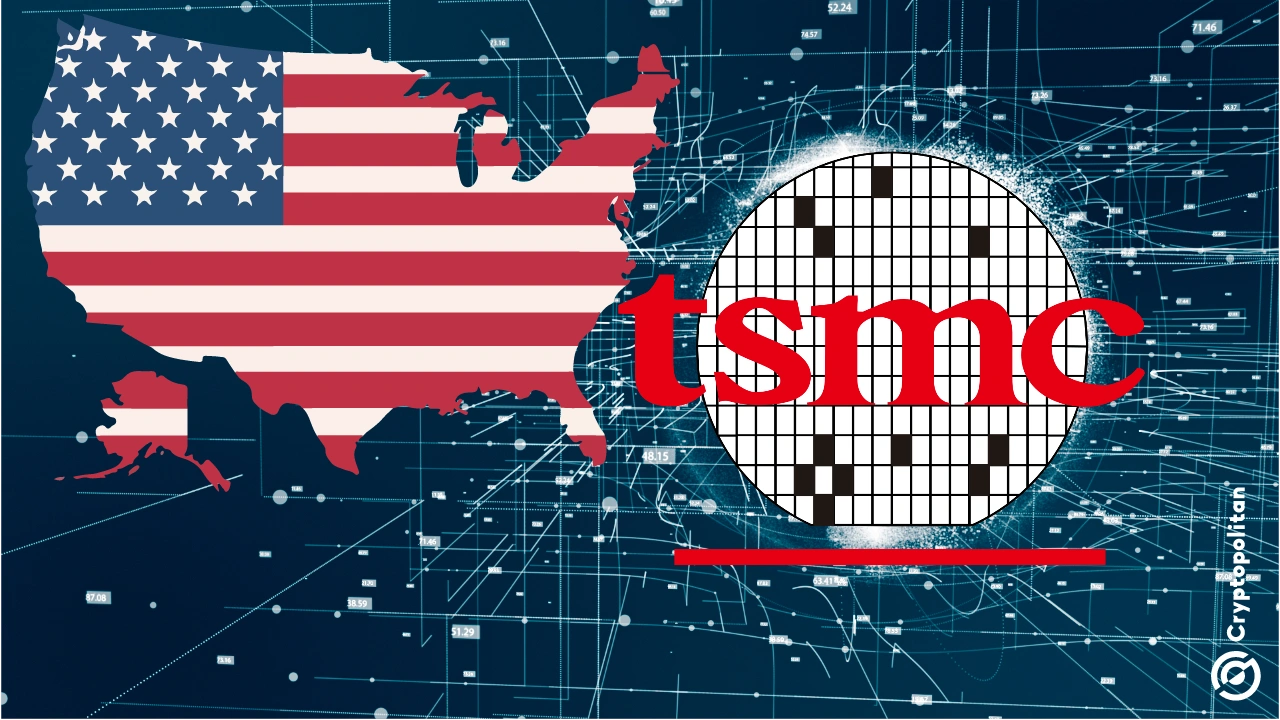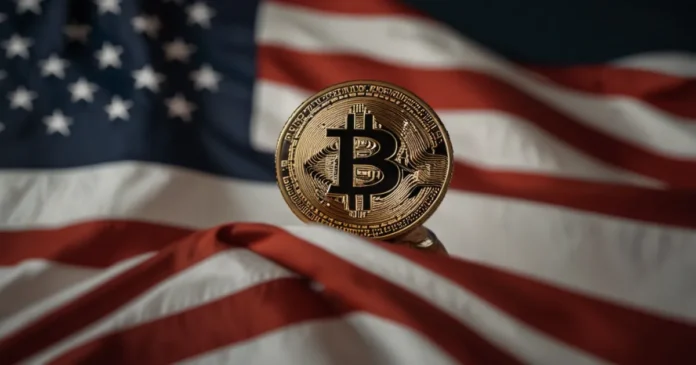Taiwan Semiconductor Manufacturing Company (TSMC) could be fined $1 billion or more to end a US export control investigation into a chip it made that was used in a Huawei AI processor.
According to reports, the U.S. Department of Commerce is looking into the work that the world’s largest contract chipmaker does for Sophgo, which is based in China. The design company’s TSMC chip was similar to the one in Huawei’s high-end Ascend 910B AI engine.
It has been said that Huawei, a company at the center of China’s AI chip plans, breaks trade rules and steals trade secrets. The US wouldn’t want Huawei to have access to goods made with US technology.
Because TSMC’s chip-making equipment uses US technology, the company’s factories in Taiwan are subject to the US export rules. These rules stop them from making chips for Huawei or any other customer in China without a US license.
Meanwhile, no public action has been taken against TSMC. But usually, Commerce sends a “proposed charging letter” to a business that it thinks has done something illegal. Often times the letter usually lists the dates of the alleged violations, the amount, and the formula for a civil penalty. The company is usually given 30 days to reply.
TSMC found in a saga first by TechInsights, a Canadian tech company
TSMC was looked at closely for the first time last fall. A Canadian company called TechInsights took apart a Huawei 910B AI processor and found a TSMC die inside the chip system, which is another name for the chip.
After TechInsights’s story, TSMC stopped sending chips to Sophgo. In November, the Commerce Department told the chipmaker to stop sending AI chips with a seven-nanometer or higher resolution to China.
In October, Sophgo denied doing business with Huawei. In January, both Sophgo and Huawei were put on the same Commerce Department list of companies that can’t do business with each other.
Lennart Heim, a researcher at RAND’s Technology and Security and Policy Center in Arlington, Virginia, who is following Chinese AI developments, says that TSMC made almost three million chips in the last few years that were made to the design that Sophgo asked for and most likely ended up with Huawei.
Heim said that TSMC shouldn’t have made the chip for a Chinese company because the design is for AI apps, and there is a chance that it could be given to a restricted entity like Huawei.
Huawei’s Ascend 910B has been seen as the most advanced mass-produced AI chip from a Chinese company. It has given consumers an option to Nvidia, the market leader.
What TSMC should expect
Last month, U.S. Commerce Secretary Howard Lutnick spoke at a meeting in Washington, D.C., about how export controls should be enforced to deal with the threat from China.
“We are going to seek in this administration a dramatic increase in enforcement and fines for people who break the rules […] We have had enough of people trying to make a dollar supporting the people who seek to destroy our way of life,”
Lutnick said.
Also, after being confirmed as Under Secretary of Commerce for Industry and Security in March, Jeffrey Kessler was more direct at his nomination hearing. He said that reports of TSMC chips going to Huawei were a huge concern and that strong enforcement was necessary.
It is unclear what the Trump government will do about TSMC or when the problem will be solved. However, high-level officials have said they want to see higher penalties for people who break export rules.
In a case scenario that happened as a deal for sending more than $1.1 billion worth of hard disk drives to Huawei, BIS fined Seagate Technology Holdings $300 million in 2023. However, a 10-figure fine for breaking export rules would not happen very often.
On the other hand, Nina Kao, a spokeswoman for TSMC, said that the company is committed to following the law. She also said that TSMC hasn’t sent anything to Huawei since the middle of September 2020 and that they are working with the Commerce Department.
Meanwhile, after the news came out, Shares of TSMC traded in the U.S. erased a nearly 3% gain.
TSMC plans to spend another $100 billion in the US could be halted
TSMC told the White House in March that it was going to spend another $100 billion in the US. As part of this deal, five more chip factories will be built over the next few years.
However, there might be a delay in the case, and the negotiations between the US and Taiwan regarding their trade relationship after Trump put a 32% tax on imports from Taiwan last week. Also, the tariffs don’t cover chips, but Trump has said that his team is considering taxing them.
Cryptopolitan Academy: Want to grow your money in 2025? Learn how to do it with DeFi in our upcoming webclass. Save Your Spot
















No comments yet